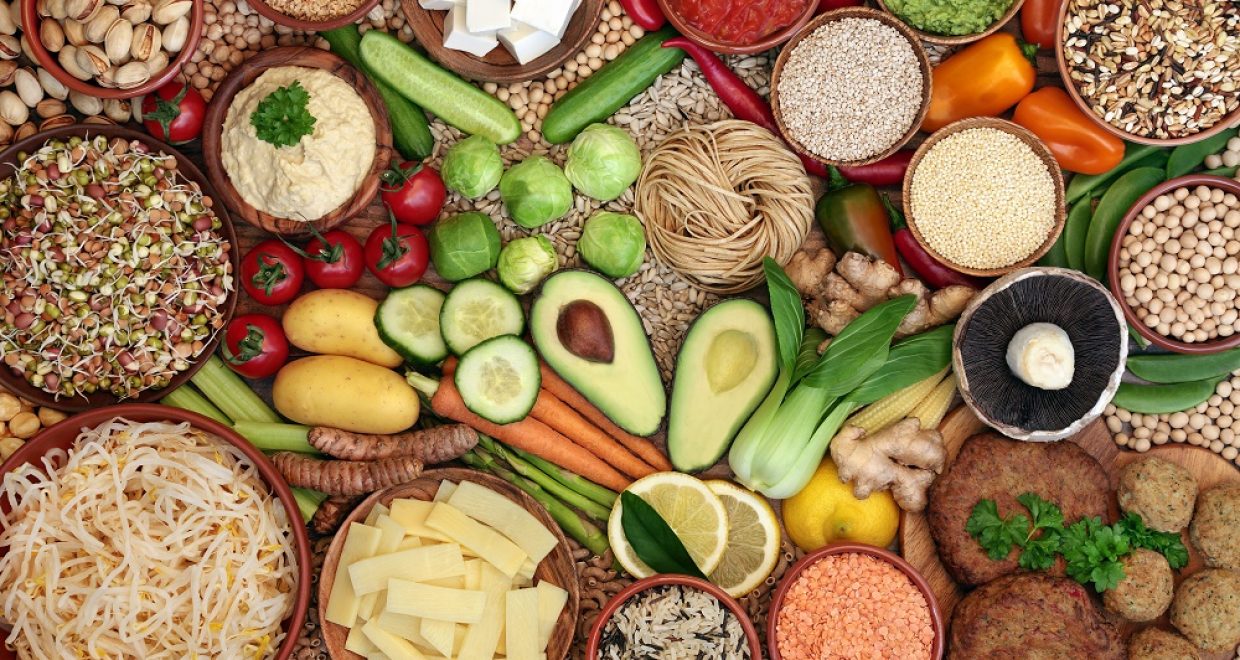Healthier diets without smaller environmental footprint in a Dutch cohort
Public Health Nutrition Editorial Highlight: ‘Are our diets getting healthier and more sustainable? Insights from the European Prospective Investigation into Cancer and Nutrition – Netherlands (EPIC-NL) cohort’
Our diet has a major impact on both health and the environment. On a global scale, current food production is estimated to be responsible for 20-30% of total greenhouse gas (GHG) emissions. The current Western diet is considered unhealthy and environmentally unsustainable due to the high quantities of animal-based foods consumed.
Changing food consumption patterns may affect the quality of the diet as well as its environmental impact. A recent Public Health Nutrition publication identified changes in food consumption over the course of 20 years using the European Prospective Investigation into Cancer and Nutrition – Netherlands (EPIC-NL) cohort. This Dutch cohort started between 1993-1997 with the inclusion of around 40,000 participants. In 2015, a dietary follow-up questionnaire was send to the participants. The changes in environmental impact in terms of GHG emissions and healthiness of the diet were presented. Healthiness of the diet was assessed by the Dutch Healthy Diet 2015 index (DHD15-index), which measures the level of adherence to the Dutch dietary guidelines.
The consumption of (shell)fish, nuts/seeds/nut paste, poultry, and legumes increased over 20 years. In contrast, consumption of wholegrain bread and vegetables decreased. The consumption of total red and processed meats remained the same. In 2015, the average DHD15-index score was 12% higher compared to baseline in both men and women. This indicates that the dietary pattern in this cohort became healthier. On average in 2015, men consumed approximately 160 kcal per day less and women 90 kcal than at baseline. Because the total food consumption was lower, the associated GHG emissions also decreased in women but remained similar in men. Consequently, when expressing the dietary-associated GHG emissions per 1000 kcal, dietary GHG emissions increased in men but remained the same in women.
In the energy-adjusted analysis we observed that the increased consumption of especially (shell)fish and poultry increased the environmental impact of the diet. In addition, although the total red and processed meats consumption remained stable, within this category the consumption of higher GHG intensive red meats such as beef increased. Making different dietary choices is key to increase health and sustainability of the diet. A lower consumption of animal-based foods and especially red and processed meats is essential to achieve healthy and sustainable diets. Additionally, reducing energy consumption to a level that is suited to achieve or maintain a healthy body weight is also an important approach to increase sustainability in most Western countries.
At present, dietary guidelines are only based on health aspects of the diet. In the future, adaptations of the dietary guidelines in order to integrate and highlight sustainability aspects could contribute to an increased awareness of dietary patterns that are both healthy and sustainable. However, more radical changes in dietary habits will be needed for health and sustainability. Although challenging, small changes in current diets are an important first step towards the bigger goal of healthy and sustainable diets.
View the open access article: ‘Are our diets getting healthier and more sustainable? Insights from the European Prospective Investigation into Cancer and Nutrition – Netherlands (EPIC-NL) cohort’
Authors: Sander Biesbroek, WM Monique Verschuren, Jolanda MA Boer, Yvonne T van der Schouw, Ivonne Sluijs, Elisabeth HM Temme.
Click here to view all Editorial Highlights from Public Health Nutrition





